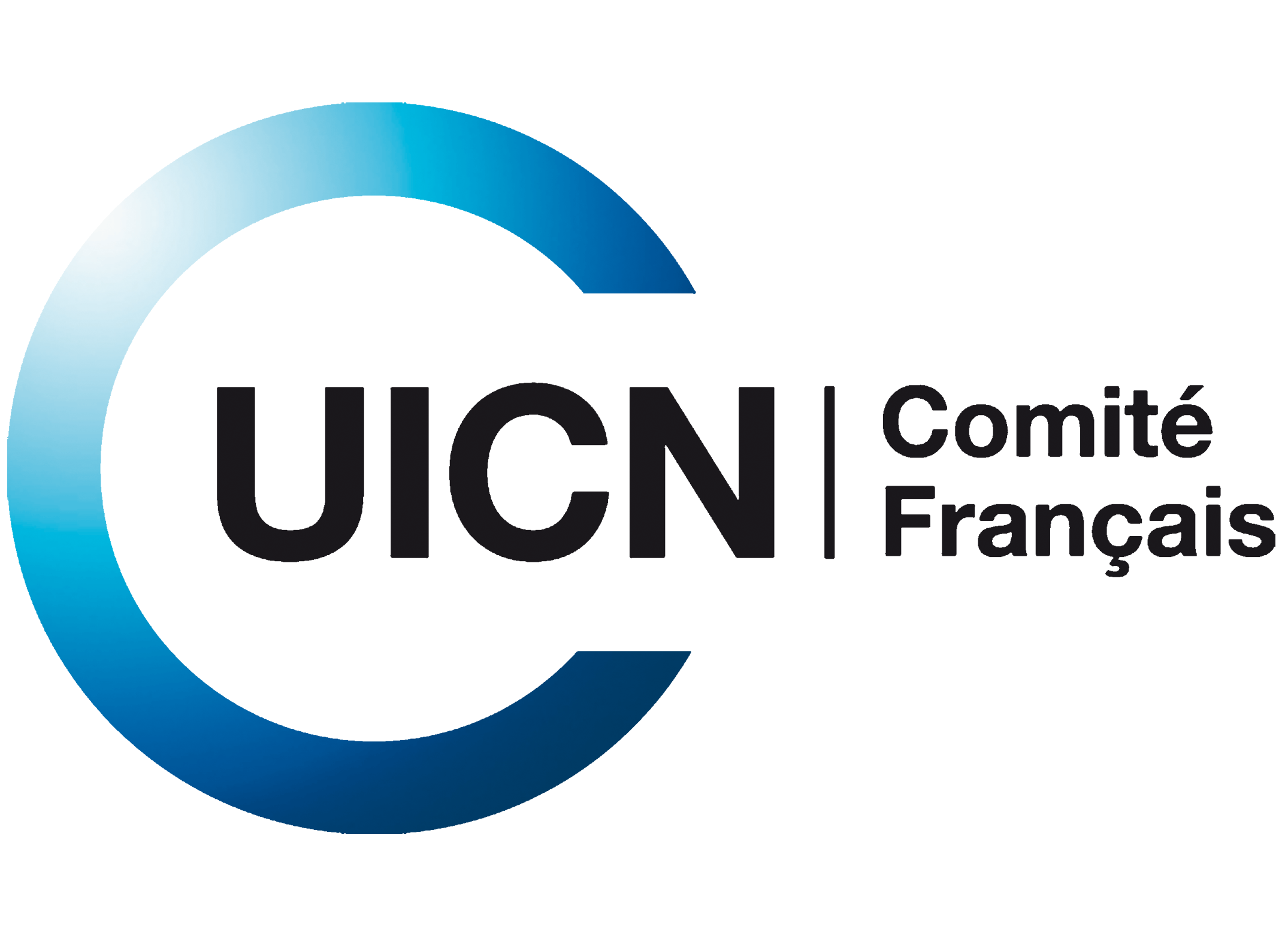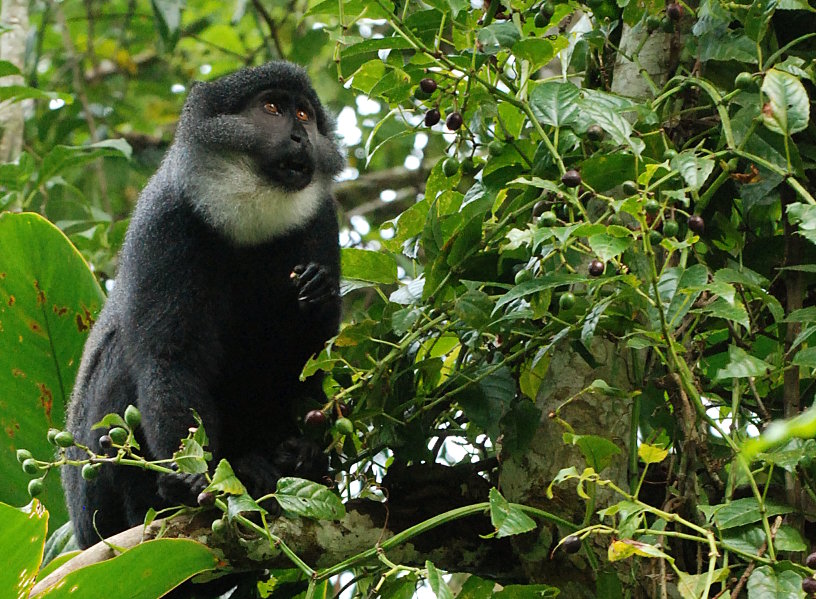News from the field : Ebo forest in Cameroon
A group of Cameroonian civil society actors, including the organizations EBO FOREST RESEARCH PROJECT, SEKAKOH and COMAID (all three beneficiaries of PPI support) has just sent a letter to the Cameroonian government, requesting the suspension of the creation of two logging concessions in the Ebo forest. It recommends instead engaging all stakeholders, including local communities living around the forest, to develop an inclusive land use plan. This letter is co-signed by more than 60 Cameroonian and international ecologists and researchers, including the president of the IUCN Primate Specialist Group.
Located approximately 60 km from Douala in the Littoral region, the Ebo forest (1,110 km2) is the most functionally intact ecosystem in the Gulf of Guinea biodiversity hotspot. This forest is home to the largest population of Nigeria-Cameroon chimpanzees (Pan troglydtes ellioti, EN), as well as gorillas (Gorilla gorilla sp., CR), forest elephants (Loxodonta cyclotis, EN), drills (Mandrillus leacophaeus, EN) as well as Preuss’s red colobus (Piliocolobus preussi, CR). In addition to this rich biodiversity, the Ebo forest is home to more than 40 communities which give this space and resources considerable cultural, customary and economic importance. The people living near Ebo depend on resources for their subsistence (non-timber forest products for food and traditional medicine).
In 2007, with the technical support of the WWF and the San Diego Zoo Global, the process of creating a national park had started, but to this day Ebo national park has still not has been classified by the government of Cameroon.
The biodiversity of this forest is mainly threatened by poaching and wildlife trafficking, but also by illegal logging and the establishment of a large oil palm plantation in the buffer zone to the northwest.
As noted in other areas, these logging operations directly threaten the exceptional biodiversity sheltered by this forest. They are also likely to exacerbate pressures on species and their habitats by the migration of low-paid workers into the region who may seek to supplement their meager incomes with hunting and subsistence farming.



